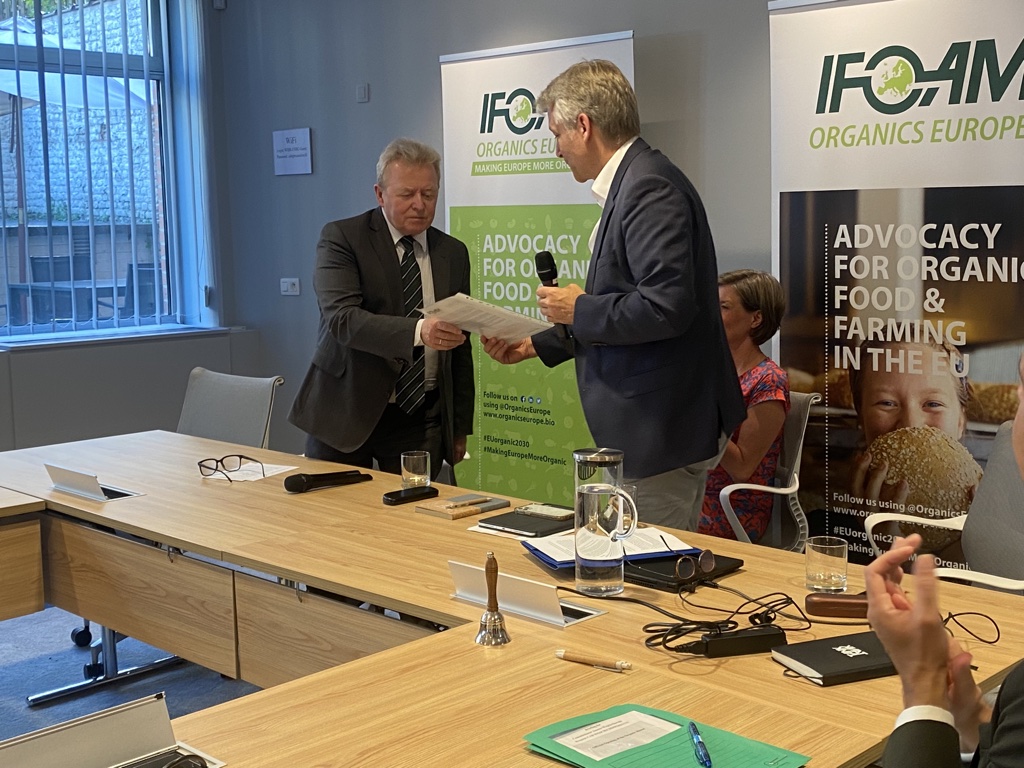European organic movement remains firm against GMOs
At IFOAM’s General Assembly in Brussels, the European organic movement reaffirmed its opposition to GMOs, including to New Genomic Techniques (NGTs). IFOAM Organics Europe’s president Jan Plagge warned against allowing patents on genetic material to fall into the hands of a few companies and stressed the need to transition away from “input-intensive, short-term fixes” with “unproven benefits and potential unintended effects and risks”.
The resolution adopted by IFOAM members comes ahead of the European Commission’s publication of a proposal on NGTs, which is expected on 5 July.
“Organic producers also want to fulfil their commitment towards consumers to guarantee a GM-free production process,” IFOAM stated. “For that reason, the principle of labelling and traceability enshrined in the current legislation, which allows for the identification of GMOs throughout the supply chain, must be maintained and applied to all NGTs.”
The resolution also highlighted the need to consider the negative impact of the NGT proposal on patents on plants, seeds, natural traits and genetic information as a threat to the European model of breeding.
“To make our food systems truly sustainable, we need to transition away from input-intensive, short-term fixes, which include the promotion of specific technologies with unproven benefits and potential unintended effects and risks,” said Plagge. “Genetic engineering with its currently still empty sustainability promises, and a narrow focus on specific genes or traits, ignores the complexity of interactions in a given agroecosystem.
“For decades, the organic movement has been a main driver for nature-based regenerative systems of agroecological innovation. To safeguard this holistic approach to agronomic innovation, EU legislation must protect GMO-free and organic production from contamination, through mandatory traceability all along the production chain and consumer labelling, which are the only way to envisage a real ‘coexistence’”.



